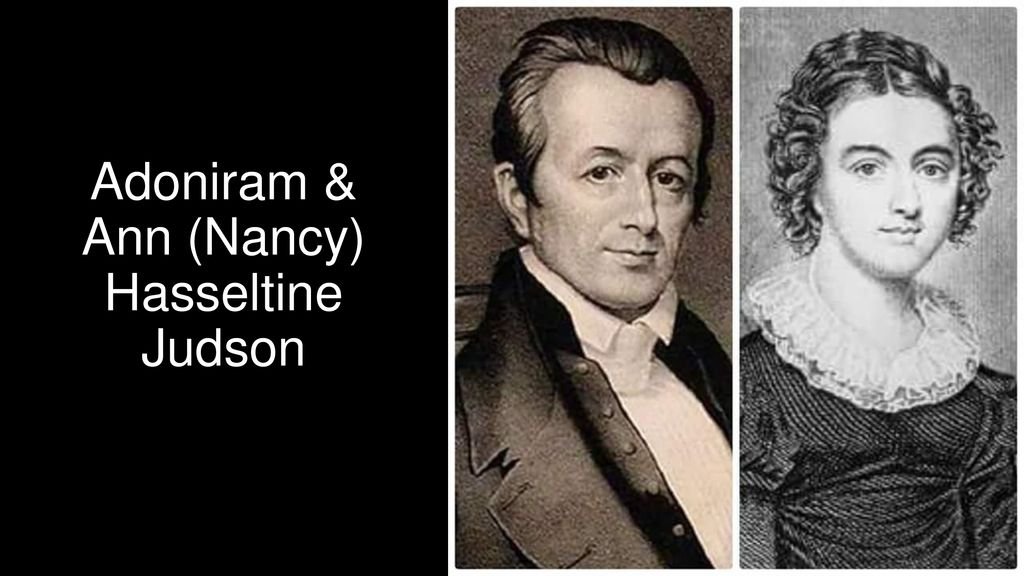A baby boy that lived over two hundred years ago taught me an important lesson.
This summer I’ve been reading my favorite missionary biography, To the Golden Shore: The Life of Adoniram Judson, by Courtney Anderson. Adoniram was born in 1788 in Massachusetts, and he was the first American to serve overseas in foreign missions, accompanied by his dear wife Nancy (a.k.a. Ann).
Two years after arriving in Burma (modern-day Myanmar), on September 11, 1815, Adoniram and Nancy were blessed with a beautiful baby boy, whom they named Roger. (Their first baby had been born dead at sea on their way to Burma and was buried in the waters of the Bay of Bengal.)
Baby Roger brought much joy to Nancy and Adoniram. The biographer notes,
The baby flourished from the start. He fed well, never cried except when in pain, and to his doting mother and father seemed unusually sensitive to his surroundings. Nancy felt better than in years, “almost in a new state of existence.”
Adoniram was working harder than ever before, immersed in his study of the Burmese language. “Little Roger, who still flourished, was almost his only relaxation.” But there is something else the biographer notes, drawing from the Judsons’ own recollections of little Roger, that made an impression on me:
The baby seemed to show an unusual desire to be with his parents. Sometimes when they went by his cradle without picking him up, “he would follow us with his eyes to the door, when they would fill with tears, and his countenance, so expressive of grief, though perfectly silent, that it would force us back to him, which would cause his little heart to be as joyful as it had been before sorrowful.”
“He would lie for hours on a mat by his papa’s study table, or by the side of his chair on the floor, if only he could see his face.”
… If only he could see his face. As I read those words, I thought, “Do I seek the face of my Father in heaven with such child-like love and adoration?”
In her article, “What Does It Mean to Seek God’s Face?”, Danielle Bernock notes, “the Bible verses for seeking the ‘face’ of God are all found in the Old Testament” and have to do with experiencing “deep intimacy.” Consider, for instance, the two different translations of Psalm 105:4:
“Look to the LORD and his strength; seek his face always.” (Psalm 105:4 NIV)
“Seek the LORD and his strength; seek his presence continually.” (Psalm 104:4 ESV)
God wants us to seek his face so that we can experience the joy of knowing him intimately. We seek the Lord by reading and meditating on his word, by talking to him through prayer, by worshiping him privately and also publicly with the gathered church.
When he was only six months old, little baby Roger became terribly sick and died. “Even though he is dead, he still speaks” (Heb. 11:4). He teaches us to long for the Lord the way a baby longs for his or her parents and brings them immeasurable joy.
“You have said, ‘Seek my face.’ My heart says to you, ‘Your face, LORD, will I seek.’” — Psalm 27:8

